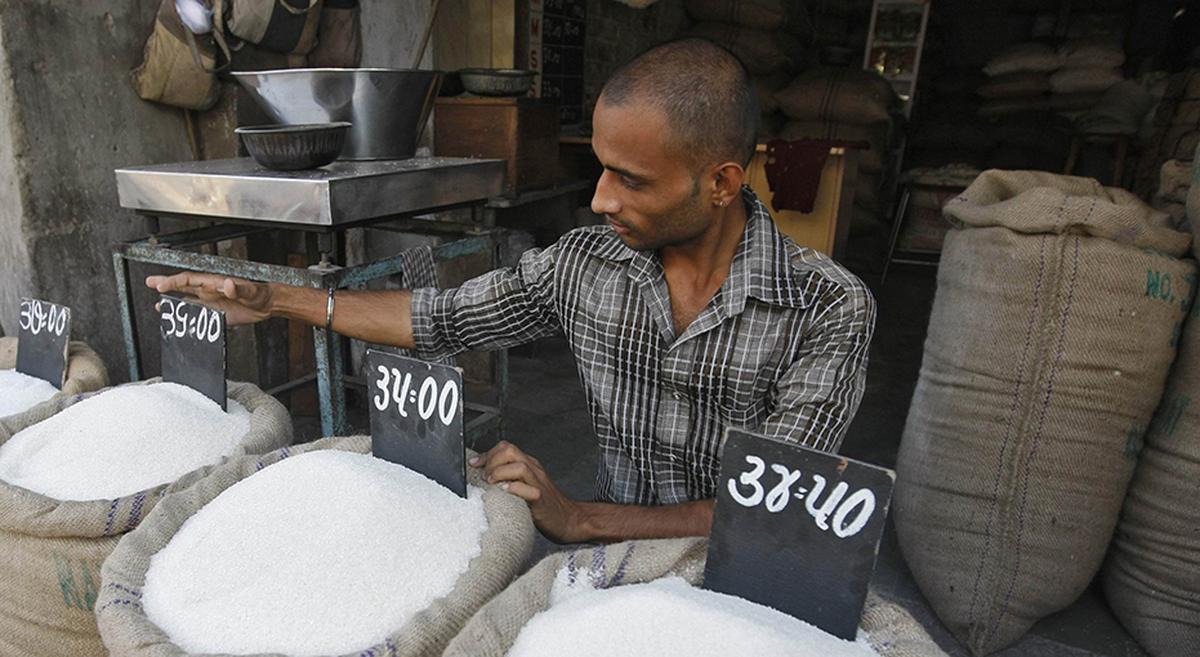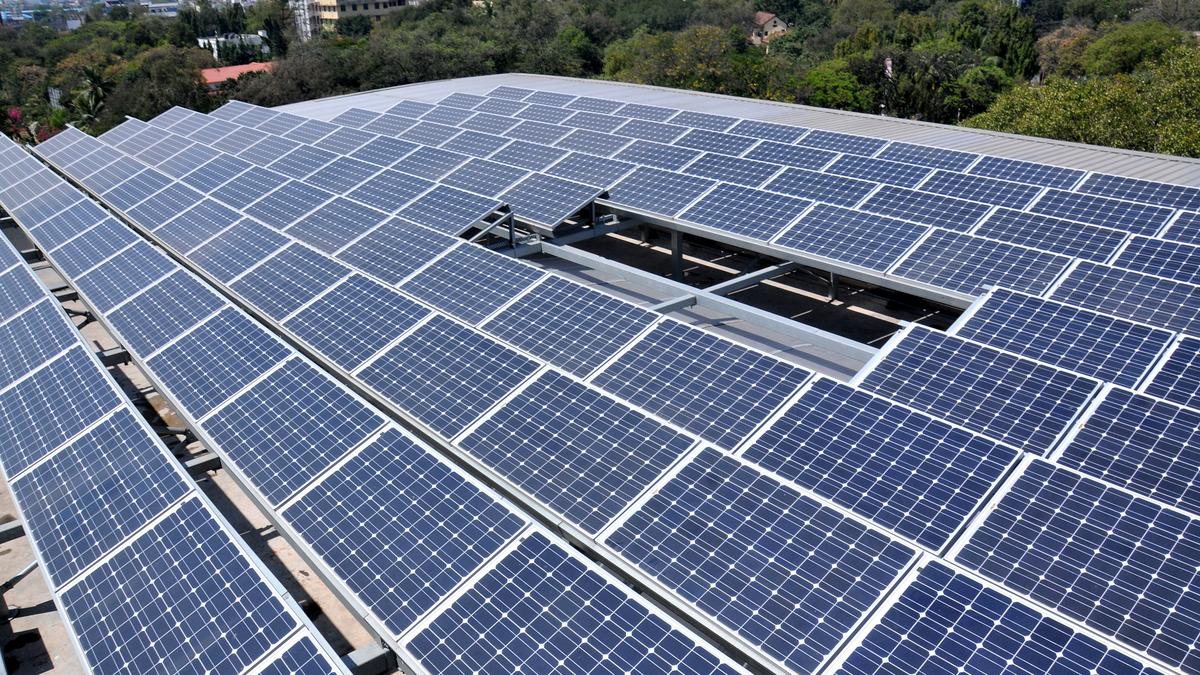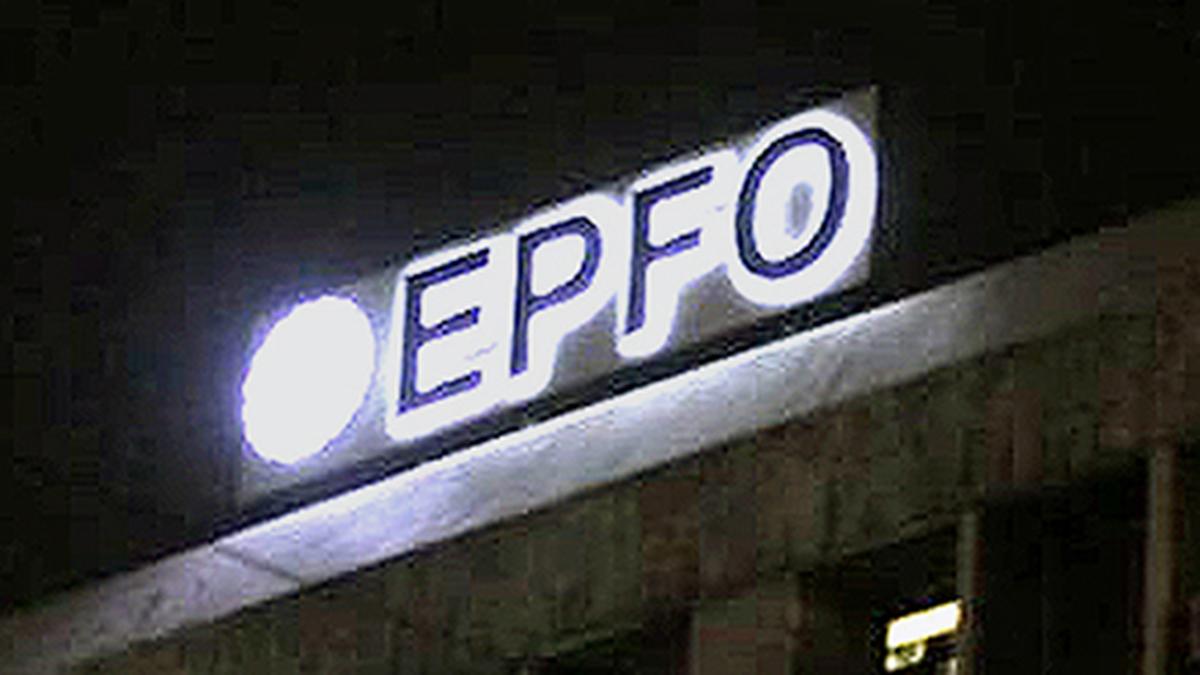‘Wheat ban, rate increases can only partially temper prices; power outages due to coal constraints could hit growth’
‘Wheat ban, rate increases can only partially temper prices; power outages due to coal constraints could hit growth’
Moody’s Investors Service said on Monday that the prolonged heatwaves seen in India this summer were credit negative as they would exacerbate inflation pressures and challenges to growth. The agency added that the ban on wheat exports would hurt growth and reflected a missed opportunity to capture the global market.
Noting that New Delhi experienced its fifth heatwave since March on May 15, Moody’s pointed out that such waves usually occurred in May and June. “The prolonged high temperatures, which are affecting much of the northwest of the country, will curb wheat production and could lead to extended power outages, exacerbating already high inflation and hurting growth, a credit negative,” the global rating firm said in a comment on India’s sovereign rating.
Expressing concern about the India’s domestic coal stocks, which had declined 23% to just 7.8 days’ worth by mid-May, Moody’s warned of prolonged power outages in industrial and agricultural production if this persisted, leading to significant cuts to output and weighing further on India’s economic growth – ‘particularly if the heatwaves continue beyond June’.
Inflation, it noted, will only be partially alleviated by measures such as the central bank’s policy rate hikes, cap on power prices in exchanges, and the wheat export ban. “Given the prominence of cereals and food more generally in India’s consumption, elevated food prices could add to social risks if they persist,” it emphasised.
While the ban on wheat exports prompted by a 5.4% downward revision in production estimates for the year, it would partially offset inflationary pressures, but would hurt exports and subsequently growth, said Moody’s, which has rated India Baa3 — reflecting the lowest investment grade — with a stable outlook.
“The ban comes at a time when India – the world’s second-largest wheat producer – could have been capitalising on the global output gap from wheat following the Russia-Ukraine military conflict. Global wheat prices have jumped 47% since the conflict began in late February,” it pointed out.
“Over the longer term, India’s highly negative credit exposure to physical climate risks – which contributes to the country’s highly negative environmental risk issuer profile score and credit impact score – means its economic growth will likely become more volatile as it faces increasing, and more extreme, incidences of climate-related shocks,” the note concluded.







